Détails
Produit à partir d'une seule feuille d'acier plié enduit de poudre avec une nervure supplémentaire découpée au laser pour ajouter l'intégrité structurelle.
Matériaux
- La structure est en acier avec finition en poudre.
Dimensions

Expédition & retours
RETOUR:
Cet article est une vente finale. Aucun remboursement ou retour ne sera accepté sauf si le produit arrive endommagé ou si le mauvais article vous a été expédié.
Pour plus d'informations, veuillez consulter notre Politique de remboursement et de retour
***
Cliquez ici pour la politique de remboursement
***
EXPÉDITION:
Toutes nos pièces sont réalisées sur commande, avec des délais de livraison variables. Nos frais d'expédition varient d'un client à l'autre et reflètent les exigences individuelles de chaque commande. Lors du paiement, veuillez sélectionner le service de livraison souhaité. Avec la livraison standard, les commandes seront livrées en bordure de rue. Avec « White Glove Shipping », les commandes seront livrées dans la pièce de votre choix, avec enlèvement des débris.
Pour plus d’informations, veuillez consulter notre Politique d’expédition.
***
Téléchargements de documents
Avez-vous une question concernant ce produit? Entrer en contact

Mark
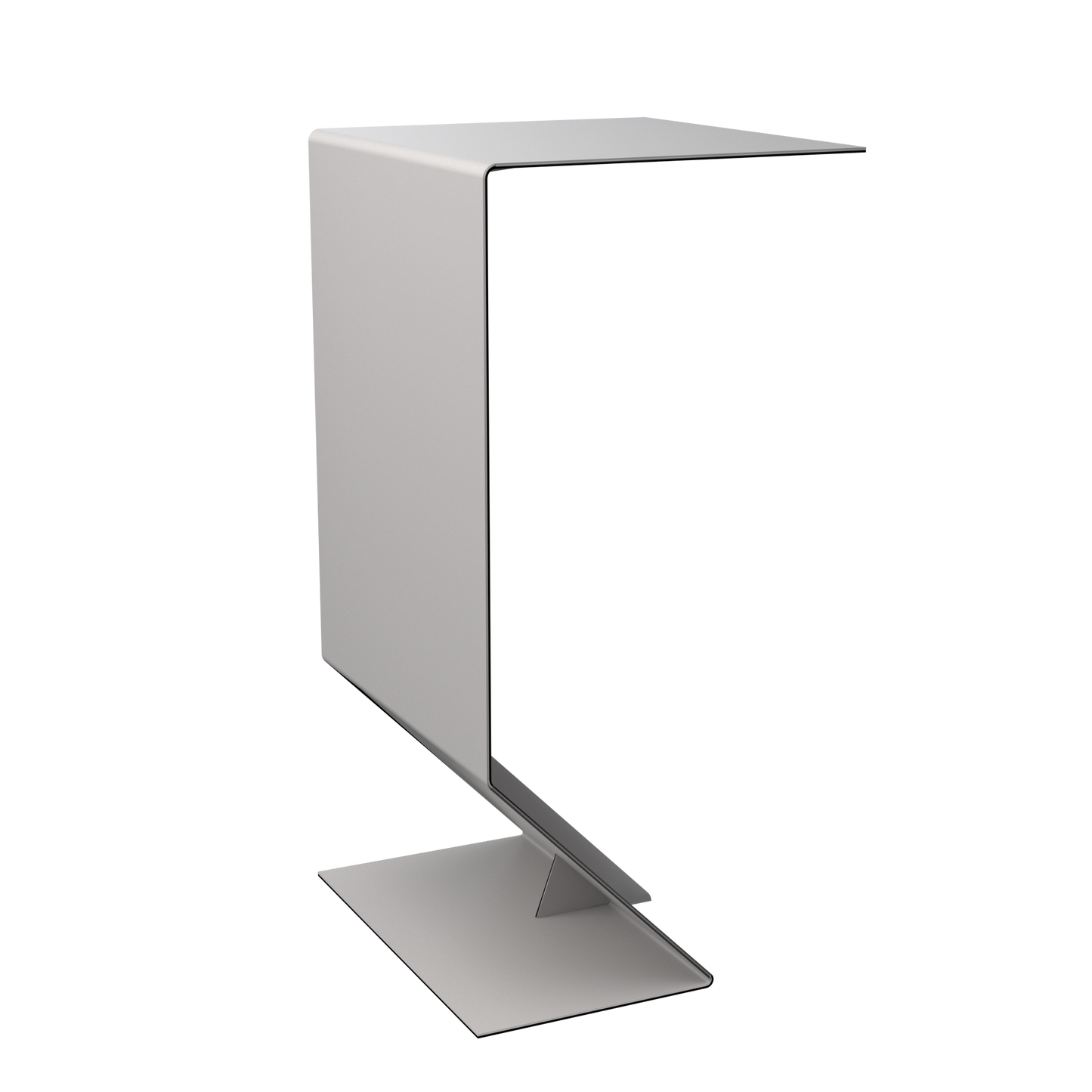
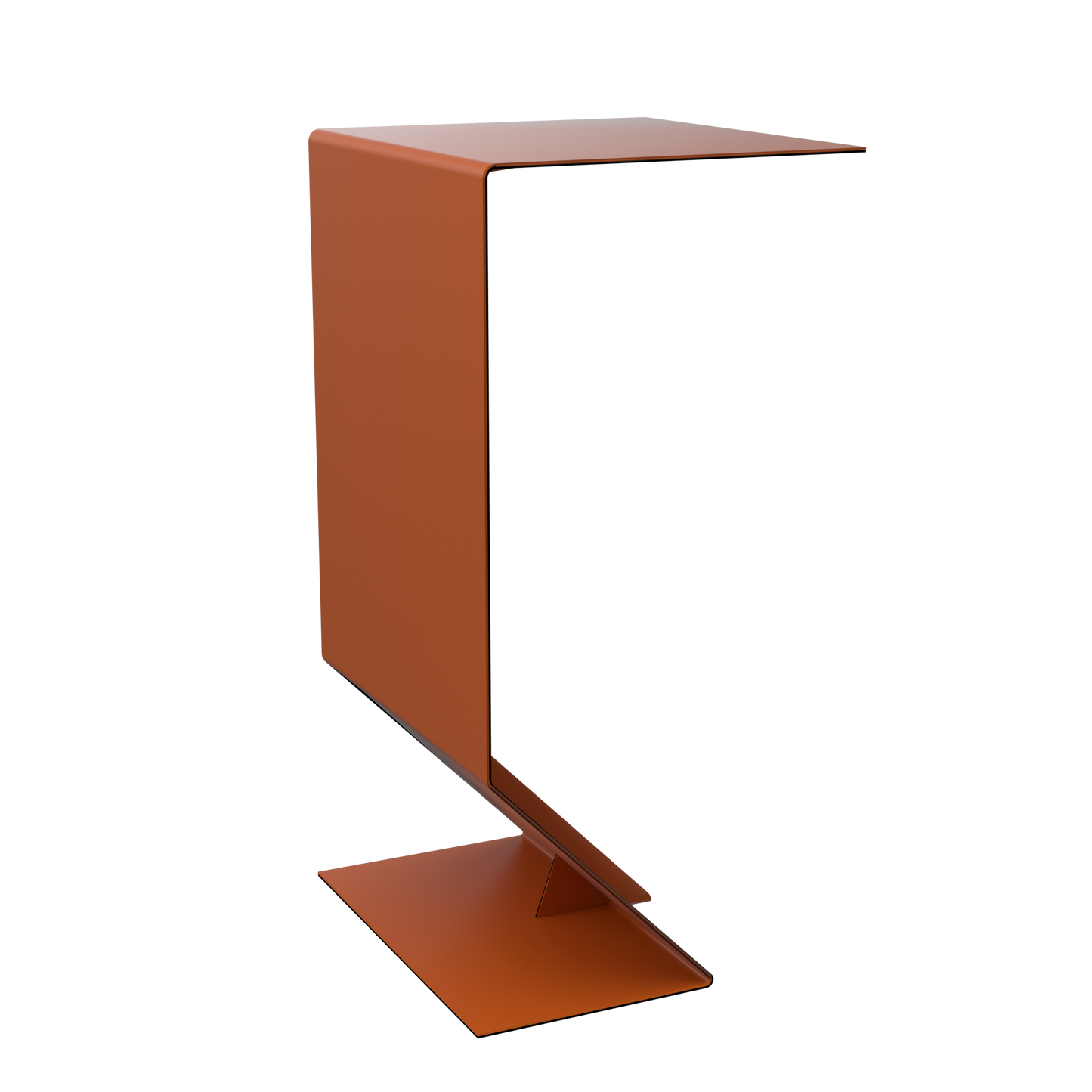
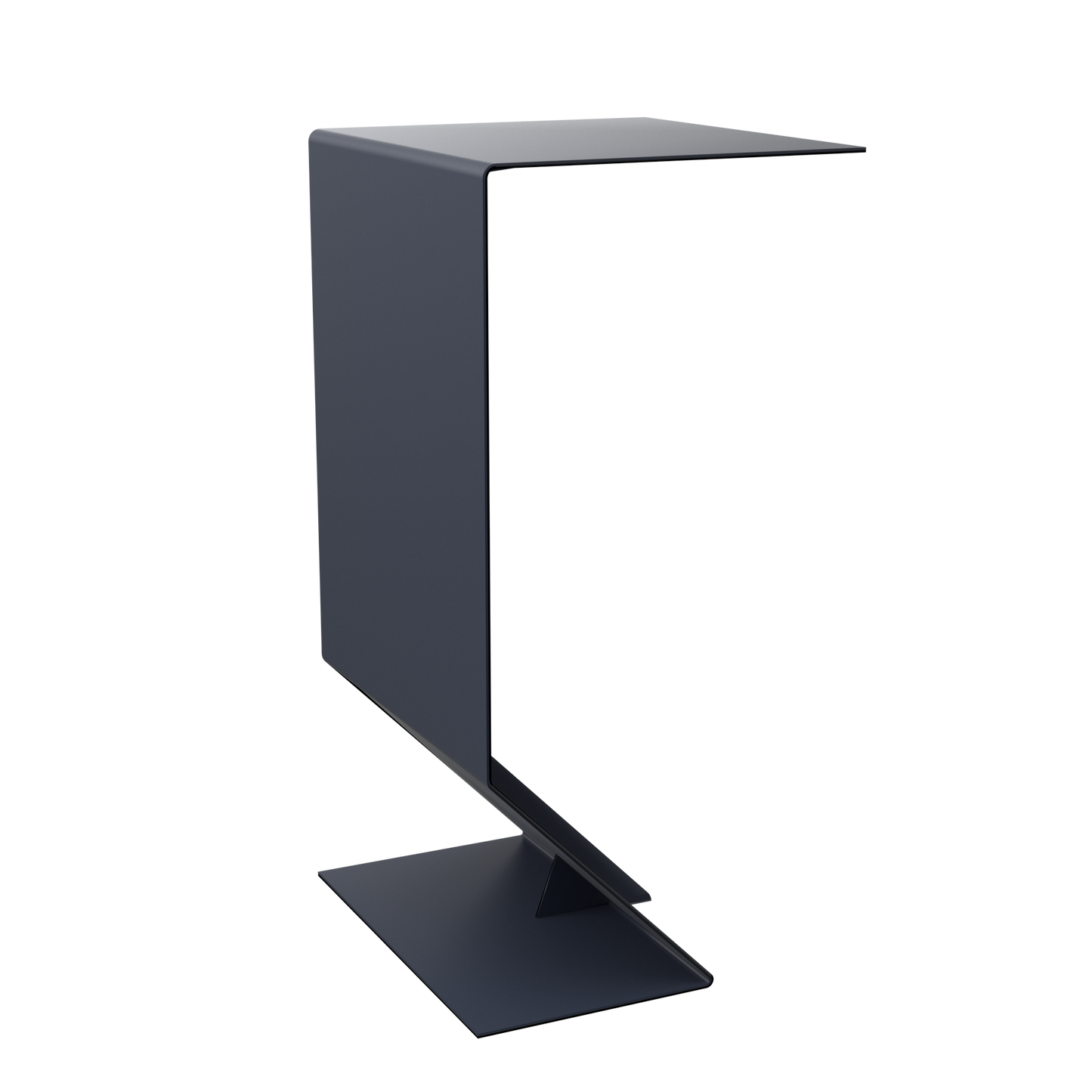
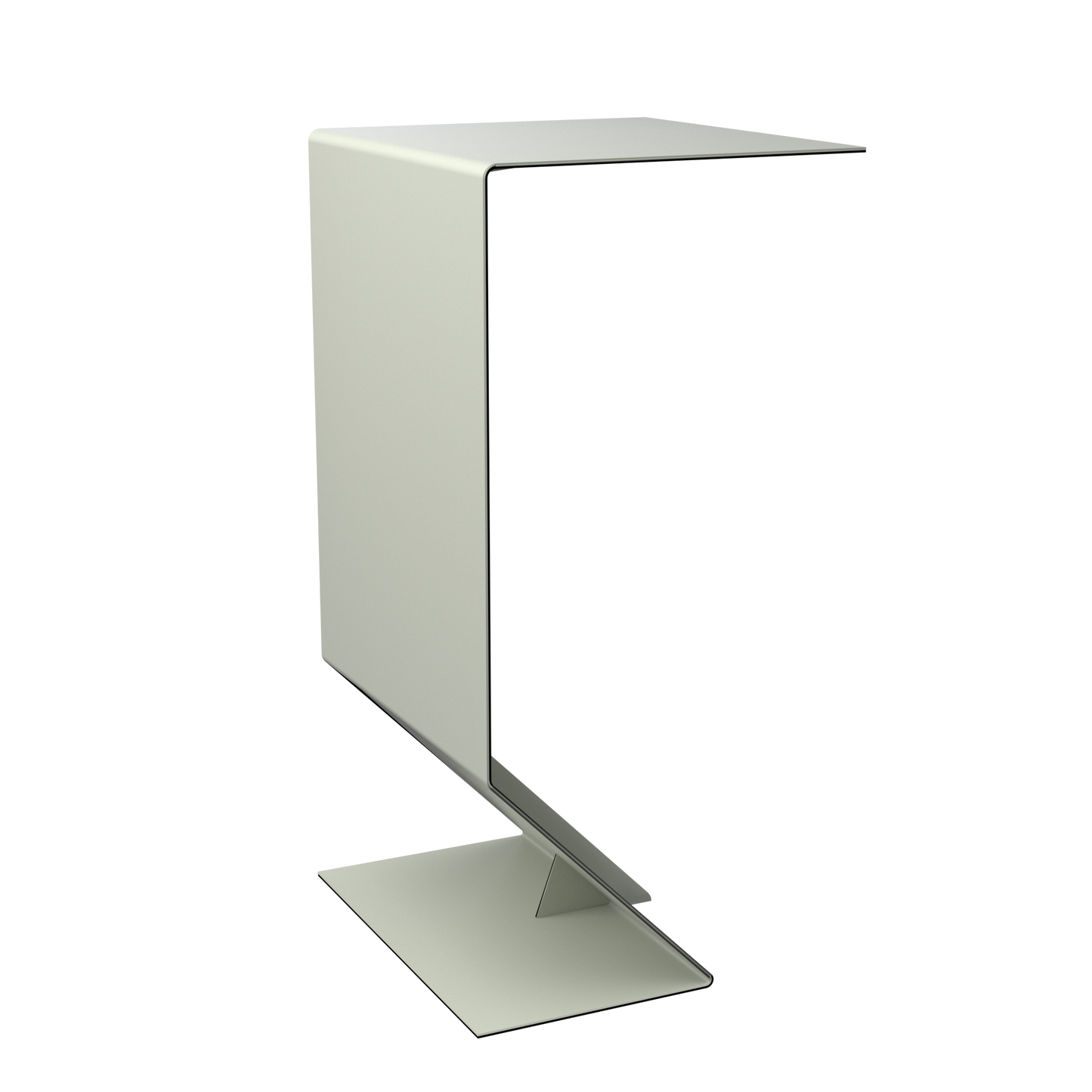
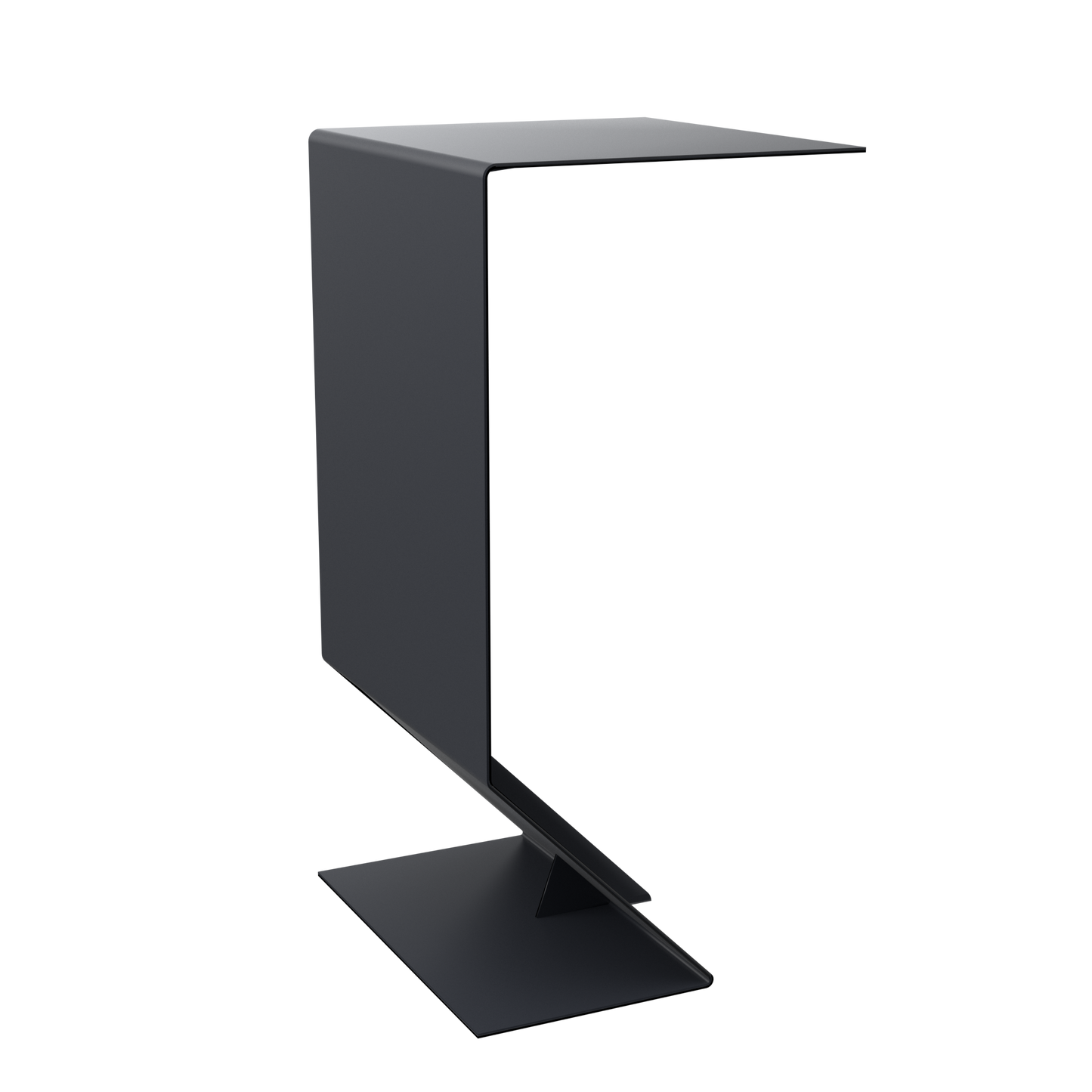
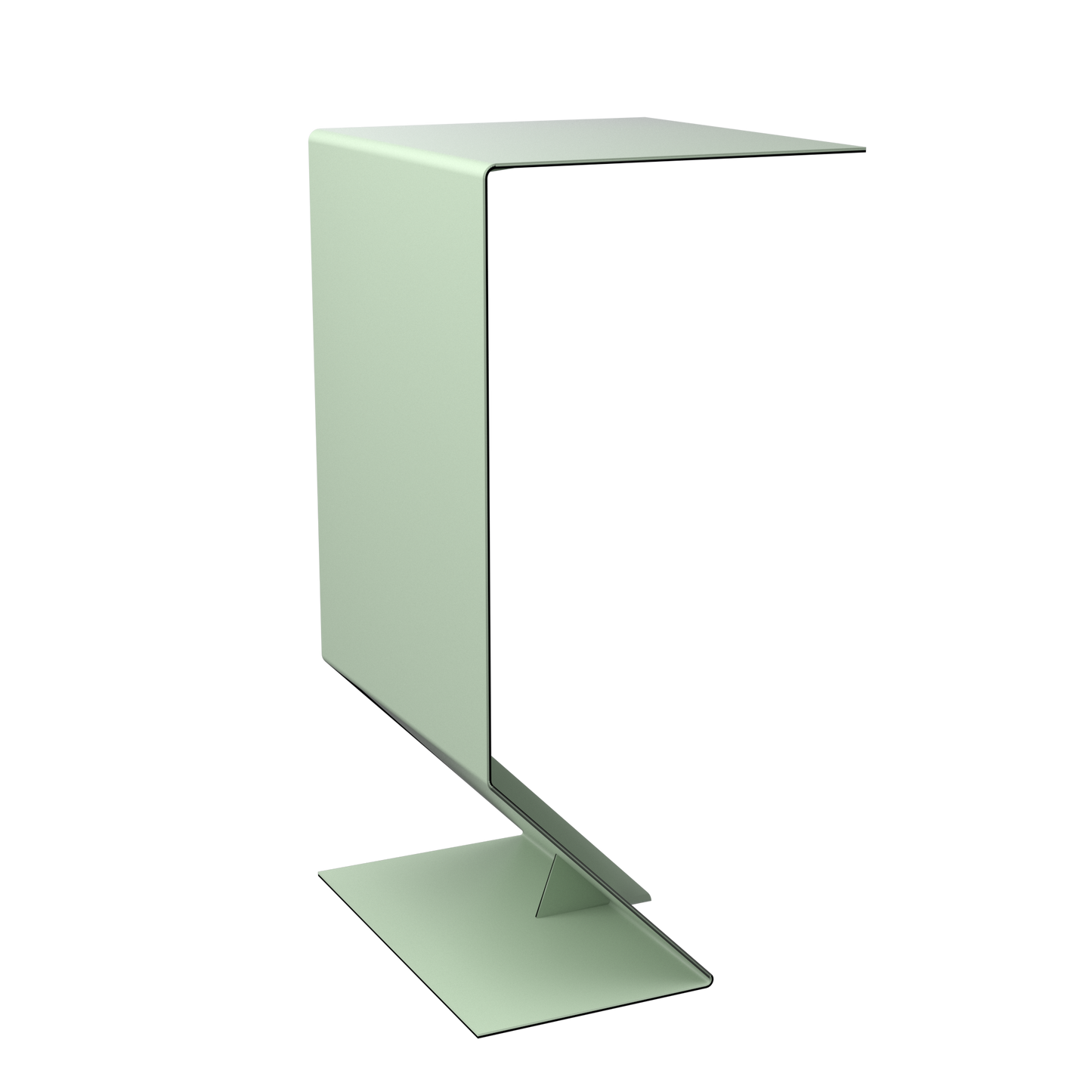
●La table en porte-à-faux est conçue comme une surface de traction très flexible et universelle pour accompagner les sièges de salon bas.
Le design minimaliste de la table est un exercice de pure forme dictant la fonction. L'articulation enveloppante de son design communique un doux dialogue entre l'utilisateur et lui-même en établissant une nouvelle relation entre la table et le mobilier d'intérieur.
Le designer Marc Thorpe déclare : « C'est le moins de design possible qui fait le succès de cette table, que la table est moins sur elle-même que sur les relations qu'elle crée. »

Marc Thorpe
Shop nowMarc Thorpe Design was founded in New York City by architect Marc Thorpe in 2005. Thorpe is known internationally for his innovative and dynamic work, taking a rigorous approach to the integration of architecture, design and technology. Thorpe and his team collaborate with clients to develop and execute brand growth strategies. The studio conceptualizes design while building brands, and has the resources to produce consistent communication platforms. These include architecture, interiors, branding, furniture, product, retail and exhibit design. Thorpe and his team has designed for leading international brands including Moroso, Tod’s, Stella Artois, Mercedes Benz, Under Armour, Coca-Cola, Infiniti, Saatchi & Saatchi, ABInBev, David Yurman, Esquire, L’Oreal, Yahoo, Patron, Davidoff and the Cooper Hewitt.

Moroso
Shop nowThe Moroso company, founded in 1952, produces upholstered furniture and high-end seating in collaboration with the best international designers. Since the Second World War, Moroso has been able to combine its strong knowledge of craftsmanship and tailoring with industrial production; its uniqueness lies in the combination of design, contemporary art and fashion, to offer products of the highest quality. In fact, Moroso represents the evolution of the Italian company that is based on the figure of the artisan entrepreneur and sees the family as the fulcrum in which this business history has taken root and developed. Founded by Agostino Moroso, today the furniture company is headed by Roberto Moroso, managing director, and Patrizia Moroso, artistic director. Moroso creates and customizes specific projects for the contract and luxury residential market. His collections convey stylistic and formal research, design and production experience. The Company can count on the talent of over seventy master craftsmen in its own production atelier, who, together with the network of excellent suppliers and the use of the highest quality materials, make every single product unique. Moroso's Design is based on research, values, talent, know-how and links with the territory, all elements that allow the company to offer unique products. Moroso is synonymous with quality: materials, linked to the attention of master craftsmen and attention to detail; design, associated with personalization; culture, which coincides with the ability to interpret the different sensibilities of designers; ethics, as a commitment to continuing a business model aimed at knowledge, with respect for the people who are part of it.



















